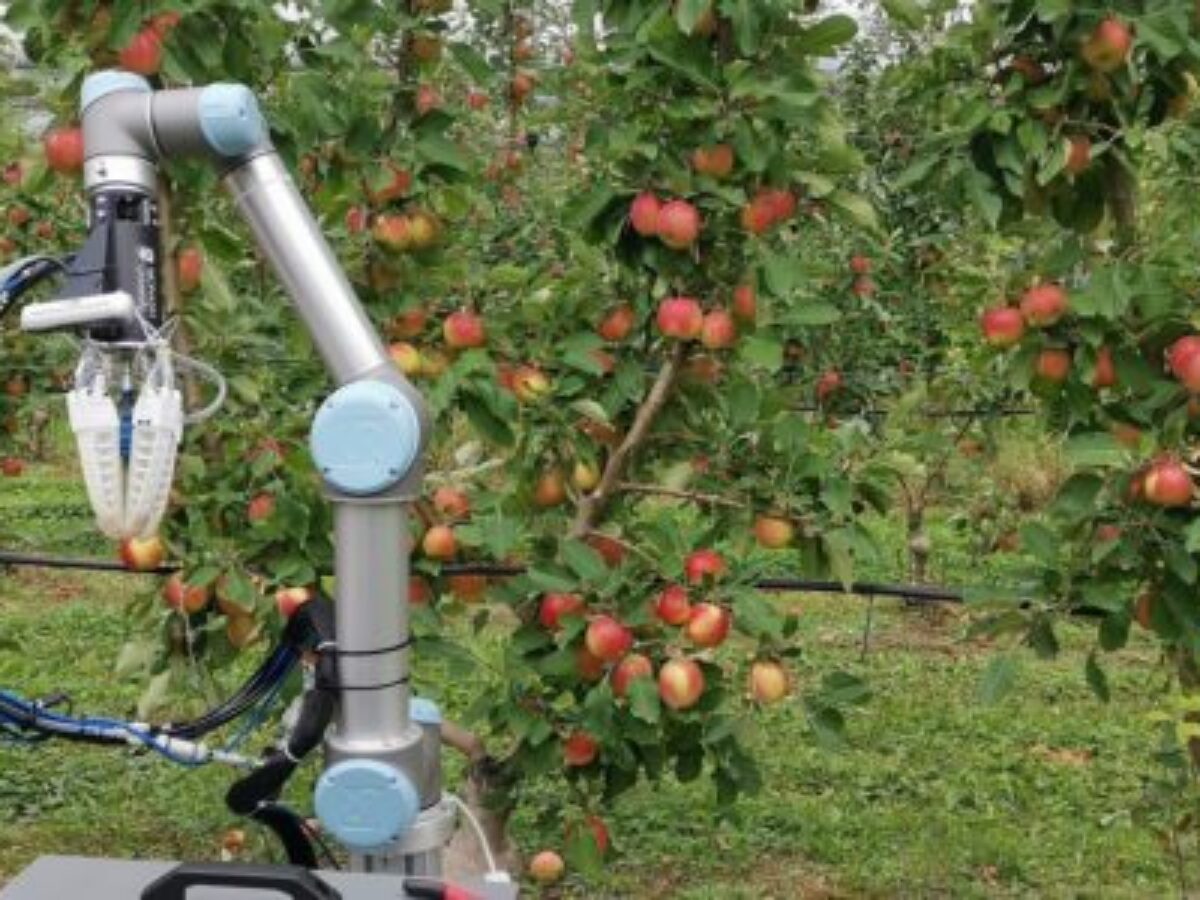Manufacturing news briefs – stories you might have missed

Risk of food cyber “side attacks” examined in new research
Wide-ranging use of smart technologies is raising global agricultural productivity but also increasing the risk of cybersecurity attacks, according to international researchers in a new article in the open access journal Sensors (linked.) Complex IT and math modelling at King Abdulaziz University in Saudi Arabia, Aix-Marseille University, France and Flinders University in South Australia, has highlighted the risks associated with digital agriculture. Flinders University researcher Dr Saeed Rehman said in a statement that “we should not overlook security threats and vulnerabilities to digital agriculture, in particular possible side-channel attacks specific to ag-tech applications. This is described as extraction of cryptographic or sensitive information from the operation of physical hardware. “These attacks could be easily carried out with physical access to devices, which the cybersecurity community has not explicitly investigated.” added Flinders Professor David Glynn, a co-author on the paper.
DA approved for Australian-first green waste-to-energy facility at Byron
A development application for a bioenergy facility at Byron Shire Council’s Byron Bay sewage treatment plant has been approved by the Northern Rivers Regional Planning Panel. According to a statement from the council, the facility will process 28,000 tonnes of green waste per year, convert it into enough renewable electricity to power the plant as well as the Byron Bay STP, with excess energy exported to the grid. A “very high-quality compost” would also be created as a byproduct. “While this technology is in use in other parts of the world, especially Europe, this is the first time a dry anaerobic digestion facility of this kind has been approved for development in Australia,” according to Project Manager, John Hart. “It’s a golden opportunity for Byron Shire to pave the way towards zero emissions with an innovative waste management and renewable energy solution.”
Southern Launch announces further federal backing
Spaceport and space mission provider Southern Launch announced this week that it has received an Australian Space Agency Moon to Mars grant of almost $1 million, which will enable it to design, construct, and commission a mobile launch rail that will be capable of launching sub-orbital vehicles ranging in mass from 20kg to 3,500kg. The mobility of the rocket launcher would allow Southern Launch to use the launch rail at both the Koonibba Test Range and the Whalers Way Orbital Launch Complex. The increased capability would also mean that more international as well as Australian launch customers will be able to consider Southern Launch as their launch provider, according to the company. “The mobile launch rail will allow the testing of new rocket and payload technologies, which in turn will grow jobs across the Australian space industry,” said CEO Lloyd Damp.
Woolworths marks solar milestone in Canberra
The Woolworths Conder supermarket has become the 150th by the company to be fitted with solar panels, it announced this week. The supermarket recently added a 100 kilowatt solar array on its roof, with 222 high efficiency solar panels spanning around 500 square metres, and capacity to generate more than 145 megawatt hours of electricity each year, equivalent to the needs of more than 25 Australian households. According to Woolworths, it now has an established solar network on supermarket rooftops numbering almost 80,000 panels, representing enough electricity to power 6,300 Australian households, and offsetting an average of 13 per cent of the energy consumption of the stores it’s installed on.
Australian green hydrogen company joins US “Qlimate Initiative”
The green energy division of Fortescue Metal Group, Fortescue Future Industries (FFI), has announced that it will become a foundational member of Qlimate. Qlimate is a Silicon Valley-based initiative dedicated to helping mitigate climate change, and FFI would help “explore quantum computing solutions in green hydrogen.” Qlimate is backed by PsiQuantum, a company building a fault-tolerant quantum computer, and is described as having “a singular focus on partnering with leaders in decarbonisation to maximise climate impact and facilitating their access to the first generation of fault-tolerant quantum computers.” The announcement was made by FFI chair Andrew Forrest and Jeremy O’Brien, co-founder and CEO of PsiQuantum, at the World Economic Forum in Davos. FFI said its membership in the initiative was a first step “towards a broader strategy to develop algorithms solving computational bottlenecks in modelling Proton Exchange Membrane (PEM) technology and pulse electrolysis – key enablers for more efficient green hydrogen production – with a view to building and scaling quantum computing-enabled green hydrogen ventures.”
FFI seeking Manufacturing Team Lead role
In other FFI news, the company is seeking a Manufacturing Team Lead at its Global Green Energy Manufacturing Centre (GEM) in Gladstone, Queensland. Stage one of the six-stage GEM project is planned to establish Australia’s first multi-gigawatt-scale electrolyser factory, with initial capacity of 2 gigawatts per annum, “more than doubling current global production.” According to the job ad, the role reports to the Operations Manager, and plays “a pivotal role in leading and coaching a production team to achieve our production objectives safely and with reduced costs and zero failures while continuously improving our process and operation.” Applications close on
Picture: Monash University
Subscribe to our free @AuManufacturing newsletter here.
Topics Manufacturing News
@aumanufacturing Sections
Analysis and Commentary Awards casino reviews Defence Gambling Manufacturing News Online Casino Podcast Technology Videos





